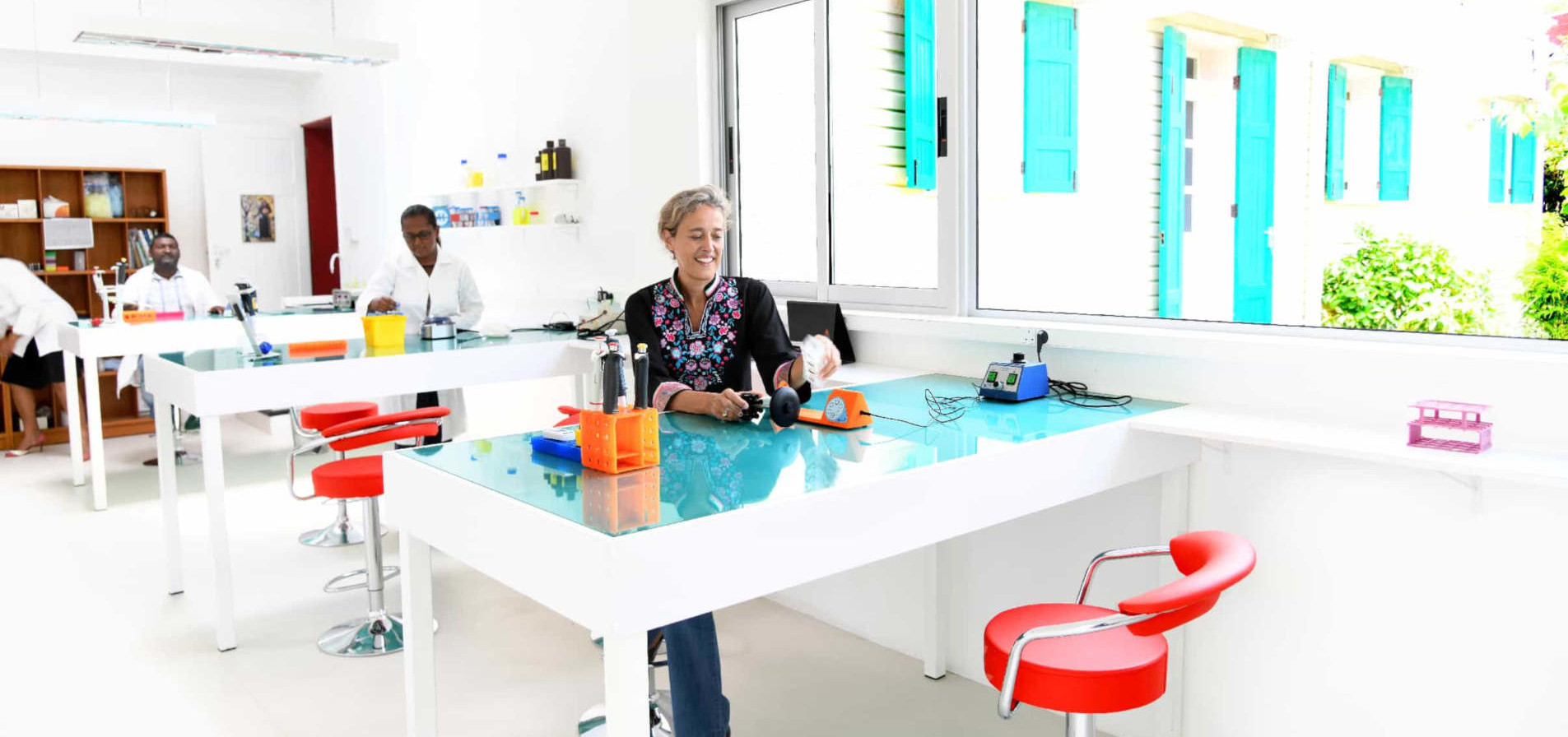Research
The "right to health" is registered in most human rights.
We believe in attaining a minimum health for all
Why?
Healthcare costs are rising globally and rapidly. Such rise prompts to seek low-cost yet enduring solutions. Whilst it is clear that population health has improved, new health issues emerge due to environmental changes including climate, intensified food production, and unprecedented flux of population.
How?
We collect proven resources of ancestral remedies, delineate their influences on either prevention or treatment. through our research, build the missing blocks on their principles of action of ancestral remedies, and promoting education about those treatments that prove to be efficient, ethical, sustainable and low-cost, and available to all.
When?
At time of revolutionized techniques and understanding in genetics, our innovation is to build a bridge between traditional medicine and a new understanding of their relevance brought along by genetics.
Where?
The project is developed in Mauritius for this country blends a unique exposure of African, Indian, European and Chinese cultures in health care and traditional medicine, together with a great biodiversity of the Indian Ocean. With this exposure, Mauritius may actually be considered as a ‘hub for frugal innovation’.
With a state-of-the art laboratory in Port-Louis, we have assembled a team of researchers who are dedicated in serving our five core missions of public interest – research, education, the health of populations, innovation development, and knowledge transfer.
Recent and current projects of SimplissimA Institute:
- 2016: Proposed a cure during an Ear-Foot-Mouth cattle epidemic and saved 4000 animals from mass slaughter
- 2019: Developing programs as publicly-accessible simple solutions for public health issues in Mauritius
We leverage ancestral knowledge to solve current health challenges. We design and implement simple solutions, compatible with One Respectful Health.
The One Respectful Health approach allows us to come up with durable solutions widely accessible. We wish to avoid the elevated costs and the low accessibility that are classically associated with the reactive rushes to treatment.
We unite multisectoral, collaborative, and transdisciplinary work to ensure that our solutions work at the individual, local, regional, national, and global levels.
We are interested by epigenetics and the cross-kingdom communication – when one species transmits genetic information, which influences one another. Based on our original discovery of mitomirs, we specifically study microRNAs, which are parts of the nuclear and mitochondrial genomes.


